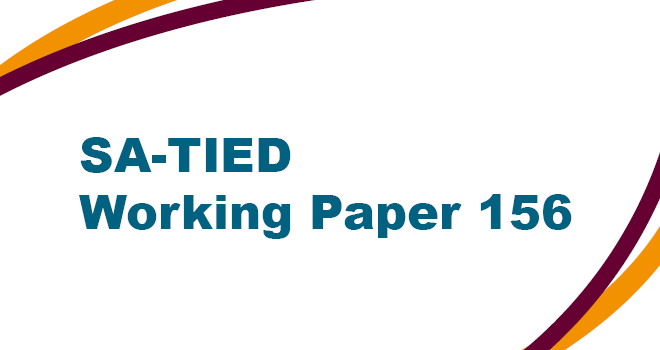Enterprise development for job creation and growth
South Africa’s potential growth has fallen over the last 20 years for reasons that are not deeply understood. The work stream on Enterprise development for job creation and growth aims to increase the competitiveness, growth, and job creation of South Africa’s private sector through explorations of newly available firm-level data. This research will examine the many factors which influence firms’ performances, including value chains, whether larger businesses succeed at the expense of smaller businesses, infrastructure, resource availability, research and development, and credit access among many others, but with special attention to how these factors impact job creation and can be impacted by the policy environment.
While continuing to develop the tax administrative database, work stream 1 will also build capacity within South African institutions in the management and use of large micro-datasets for microeconomic research. Specifically, several research papers will be commissioned that rely on large microeconomic datasets to deepen knowledge in this important area, including papers on domestic and global value chains, market power, trade, multinationals, the knowledge economy, and the service sector.

















